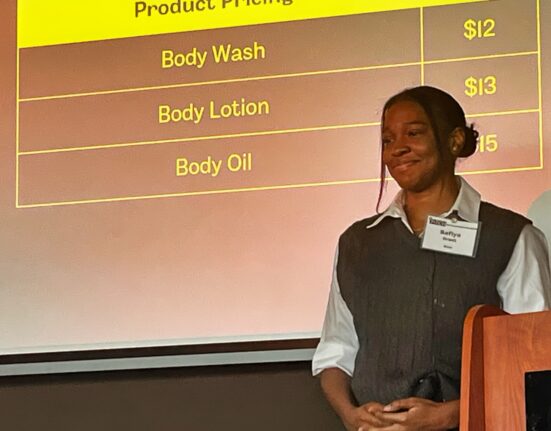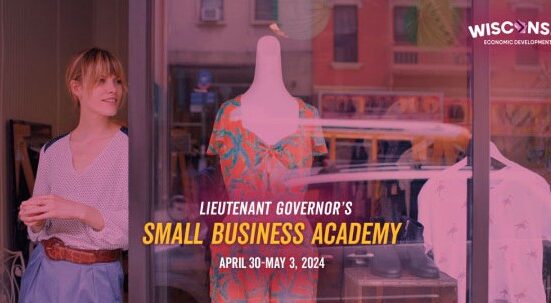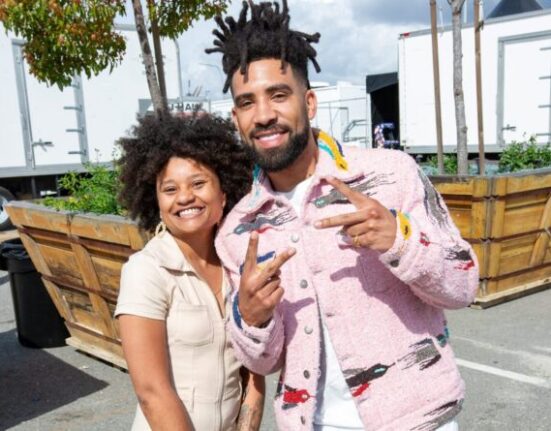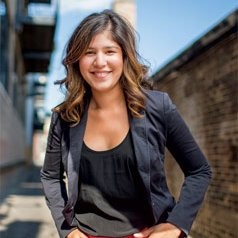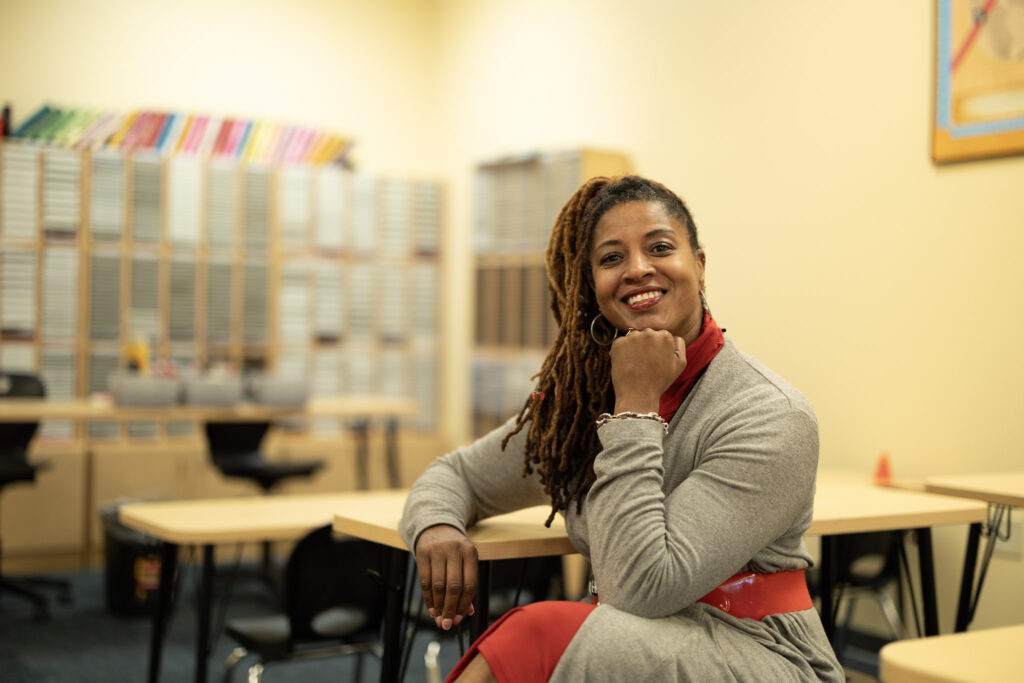
Yelonda Harvey saw a need.
She and her family moved to Northeast Wisconsin when her husband, a career military engineer, was named vice president at Fincantierie Marinette Marine in December 2021. Harvey, also a military vet, had spent the last 14 years or so teaching in Alabama and Washington DC, and took on some work as a substitute teacher in Menominee. She noticed the effects of the COVID-19 pandemic lingering, on top of the usual difficulties students had.
“I kind of get an inkling of … what is the need here? What what is going on? It’s such a deficit,” she says. “COVID set us back for some time, and then the kids already over the summer lose so much information.”
Once, years earlier, she’d interviewed to be a tutor at a Kumon tutoring center in Alabama. The 65-year-old company offers both enrichment and remediation for all grade levels using individualized programs of worksheets that increase in difficulty incrementally. Harvey thought it would do some good for kids struggling to catch up after the pandemic, so she reached out to the company and bought into a franchise, opening last year in Howard, near Green Bay, in a former Cost Cutters.
“The franchise has a great brand (and) success story,” she says. “They’ve been in existence for over 60 years. That success story and what they all build upon is still kind of in alignment of what I also believe. I believe that (students) should be able to excel at whatever level that they feel like they can obtain. The franchise just gave me the platform that I needed to catapult into what I saw was a need.”
The franchise has a great brand (and) success story. They’ve been in existence for over 60 years. That success story and what they all build upon is still kind of in alignment of what I also believe. I believe that (students) should be able to excel at whatever level that they feel like they can obtain. The franchise just gave me the platform that I needed to catapult into what I saw was a need.
“I always wanted to own something,” says Danny Thao. “I always kind of had that idea.”
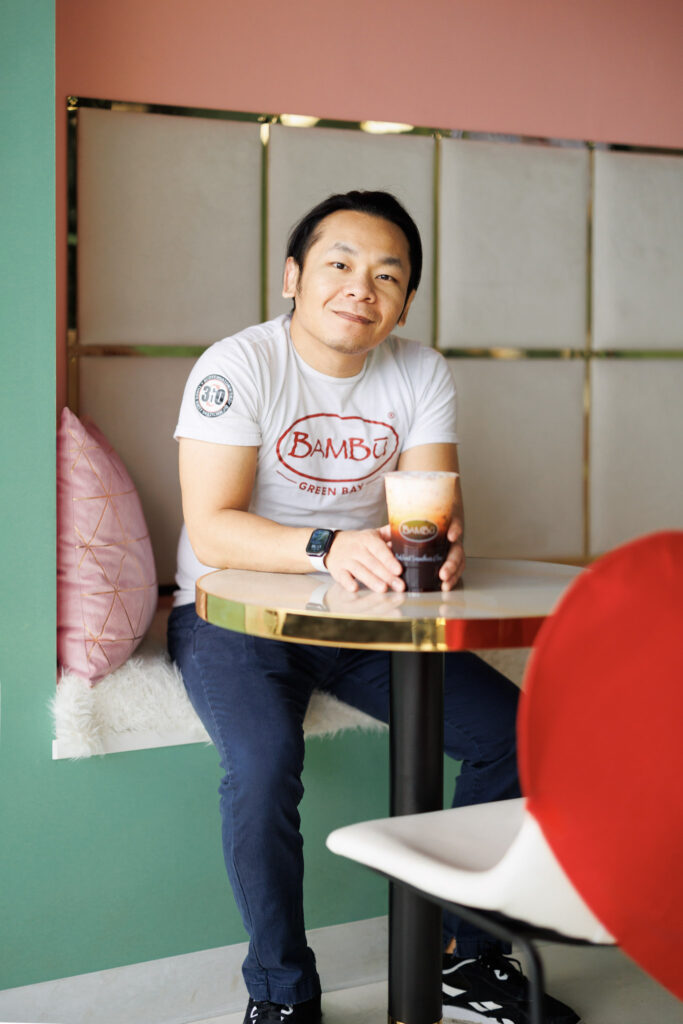
And a tea shop made the most sense, especially as he and finance Nadine Lee noted a relative lack of the kind of boba tea they liked in Green Bay, where Thao grew up. It was Lee who suggested the franchise route, suggesting they look into Bambu.
“It’s a smaller franchise,” Thao says, noting that he’d encountered their drinks a few times in various places around the country. It was a relatively quick process to get approval from the company, which they got in April 2020. Thao then left his job in health care data analytics to gut and renovate the storefront – which was selected with consultation and approval from Bambu headquarters – and sank his entire life savings into the space.
“I underestimated the (cost of) the construction phase,” Thao said, which ran into the six figures, even though he did most of the work himself. There was also a slight misstep when he tried saving some money by buying used kitchen equipment, only to find it wouldn’t work adequately.
It was soon clear the self-financing route wasn’t going to work, but credit unions and banks declined to loan them money because Thao wasn’t working. Ultimately, the City of Green Bay and the Wisconsin Women’s Business Initiative Corporation came through with financing, and the shop opened on Military Road in 2022.
“I’m a Black guy. I’m from Africa,” says Nathaniel Stackey, who’s originally from Ghana and landed in Sun Prairie in 2019 via Italy and Eagle River. While Wisconsin has “very nice people,” he says cultural differences and preconceptions would make it hard for him to walk into commercial spaces and land cleaning contracts on his own. That’s why he bought into a Smart Carpet Cleaning franchise. Unlike some other franchisors, Smart Cleaning supplies all equipment and chemicals, and does all the sales. So Stackey now has three regular commercial clients – and a track record. Also the owner of a restaurant, Holisac Taste of Africa, he hopes to leverage that track record to expand his own cleaning business to residential and commercial clients on his own, while also keeping the franchise.
“I felt that if I start my own cleaning business, and I want to do commercial (cleaning), it’s gonna be hard to imagine me walking into your office to say, ‘Hey, I’m a cleaning company, I clean offices,’” he says. “I felt like it’s not going to be easy. That was why I went to the franchise company. So that they can bargain contracts and bring it for me to do it. Now when I do that, people begin to trust me. And then if I come to you now, I’m not going to say you’re going to be my first customer. I’m gonna tell you that I have places that are already clean. I clean a church. I clean a dentist’s place. When I go there, I clean, and they trust me and they give me the keys to the place.”
Starting a business is hard, and risky, for anyone. There’s a reason most don’t make it. Many reasons, actually. Marginalized populations – women and people of color especially – face extra obstacles. But there’s a whole infrastructure of ready-made entrepreneurial ventures in almost every sector, from fast food to trash collection, any of which can provide a way into business ownership for the right kind of business owner.
Why franchise?
At the most fundamental level, franchising is using an established brand to run your own business. There are literally thousands of franchise brands across the country – brands you know like McDonald’s and Snap Fitness, brands you’ve probably not heard of, like Accelerated Waste. Potential franchisees could end up in the fitness business or the fencing business, or just about anything else you can think of.
Franchise models vary – some require a large upfront franchise fee, some require a percentage of revenue or royalty fees. Some require the franchisee to buy equipment from the corporate office; others provide equipment; others allow the franchisee to buy equipment wherever they can. Virtually all provide training, close oversight and support.
“For the most part, it’s in the franchisor’s best interest that the franchisee be successful,” says Jon Eckhardt, Pyle Bascom Professor of Business at the University of Wisconsin. “Some of these operations provide really great training.”
Harvey says a Kumon field consultant has been hands-on and helpful. Additionally, Kumon provided her classroom furniture in her franchise fees and gave her the equivalent of a $10,000 signing bonus because she’s a veteran.
Thao says franchising makes sense to him because the concept is ready made.
“The way I see it, it’s kind of like when you buy furniture from Ikea that comes in a box. So you have the instructions, everything’s there, just put it together,” he says. Plus, Bambu had already developed the menu and all the recipes, all of which have been proven successful over time.
“There’s a reason why people align with a franchise,” says Meg Schmitz, a franchise consultant in Chicago who grew five Great Clips locations into a million-dollar enterprise before moving into consulting. “You have the recipe, you got the playbook… You’ve got a lot of baked-in elements that give people confidence that this is tried and true.”hmit
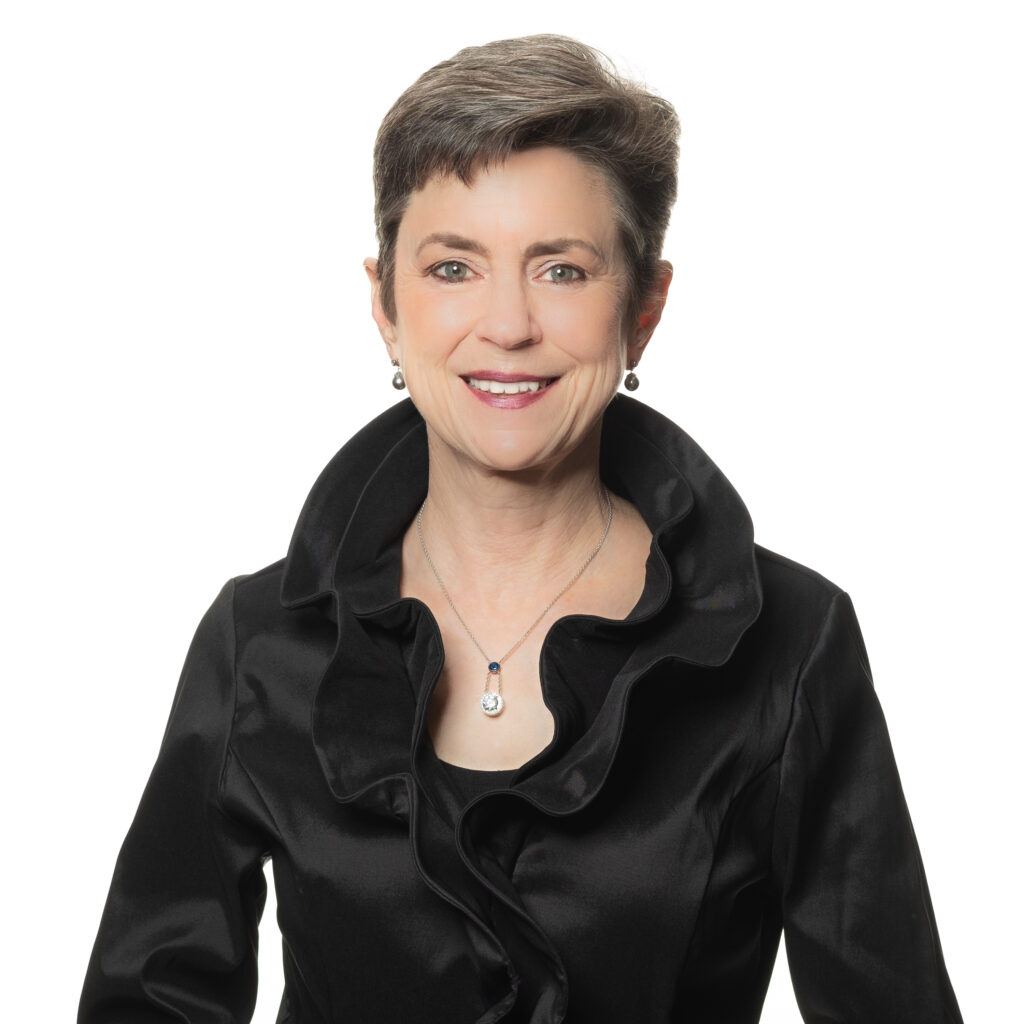
Perhaps the biggest barrier to entrepreneurship, especially for disadvantaged populations, is lack of access to capital. Experts say it’s generally easier to get banks to fund franchise businesses.
“If you’re an entrepreneur and you have a brand new idea, not a franchise, (banks) will almost always say no. Because it’s this new idea, it’s very risky,” Eckhardt says. But because the brand is known and the franchisor has support in place for the franchisee, the business is much less risky to funders.
A franchise is also more resilient than a standalone business, Schmitz said.
“It’s a quicker turnaround when you hit a wall like a pandemic,” she said. “Who can see around a corner like that? We had a lot of businesses go out of business, because the stressors in the marketplace were numerous and unforeseen. The advantage of a franchise is that you’ve got a community of other people, but you’ve also got the mothership, the corporate office saying, ‘We need to figure out triage, how are we going to keep all these people open to making money?’”
What to look out for
Experts warn against jumping in without carefully considering whether the franchise is right for you.
“Across the population of franchises, there’s basically some very bad deals and very good deals,” Eckhardt says. “The typical franchise model has a couple different economic terms … There’s typically some out of pocket startup costs that you need to incur securing a space, getting a building and everything else, then there’s typically equipment that you must buy from the franchisor at their price. There’s opportunities for abuse there. You buy a toaster from them, they’re gonna charge you more than a toaster from Walmart.”
You’ll also want to check up on the particular franchise’s track record. Many states require franchisors to report information like failure rates. You can also work with a franchise consultant to find the right fit for you.
And, by the way, to find the franchise where you’re the best fit.
Schmitz says generally speaking, big-picture creative visionaries might not make the best franchisees. Rather, a successful franchisee is a team player who just wants to do work – and cash the checks.
“Have you ever played on a sports team?” Schmitz says she asks prospective franchisees. “People who are in the military do very well in franchising. Corporate people tend to do very well.”
First steps
Schmitz says the first step is usually to talk to a franchising consultant to find out whether you’re a good candidate for a franchise and which one might be best for you, based on your interests, experience, skills, resources and how much money you’re looking to make.
“Are you looking for walking-around money? A little side hustle?” she asks. “Or are you looking to replace a six figure income?”
Don’t assume that you have to put more money in up front to make more later.
“It does not correlate that a higher return on investment comes from a higher investment,” Schmitz says.
Still, there’s always going to be some upfront cost, and you’ll want to think carefully about that. If you finance with a bank, expect to put up about 20 percent yourself.
“There are a lot of people who will tap into their retirement funds,” Schmitz says. “Home equity line of credit is a real common thing that people will tap into. Their savings. I don’t I don’t like people to use their savings if we can get other people’s money.”
Schmitz says franchising really took off during the pandemic, as people had time and energy to spend on new endeavors. And it’s continued to grow – the International Franchise Association estimates that the total output for all franchised businesses was $860.1 billion at the end of 2023, up more than four percent from 2022. That comes from more than 805,000 franchise units nationwide.
One of those 805,000, Yelonda Harvey’s Kumon franchise, is likely to hire another tutor or two soon. Stackey, with the cleaning franchise, hopes to open his own cleaning business in parallel, and open a moving business as well. Thao is already thinking about opening a second Bambu location and hiring a manager so he can “step back.”
All three, along with anyone else jumping into the franchising game, will be advised to take a collaborative approach.
“The real bottom line here is just like any good marriage, it’s going to be successful when you understand the rules of engagement,” Schmitz says. “Focus on your role in the relationship and keep that focus on a successful outcome.”

